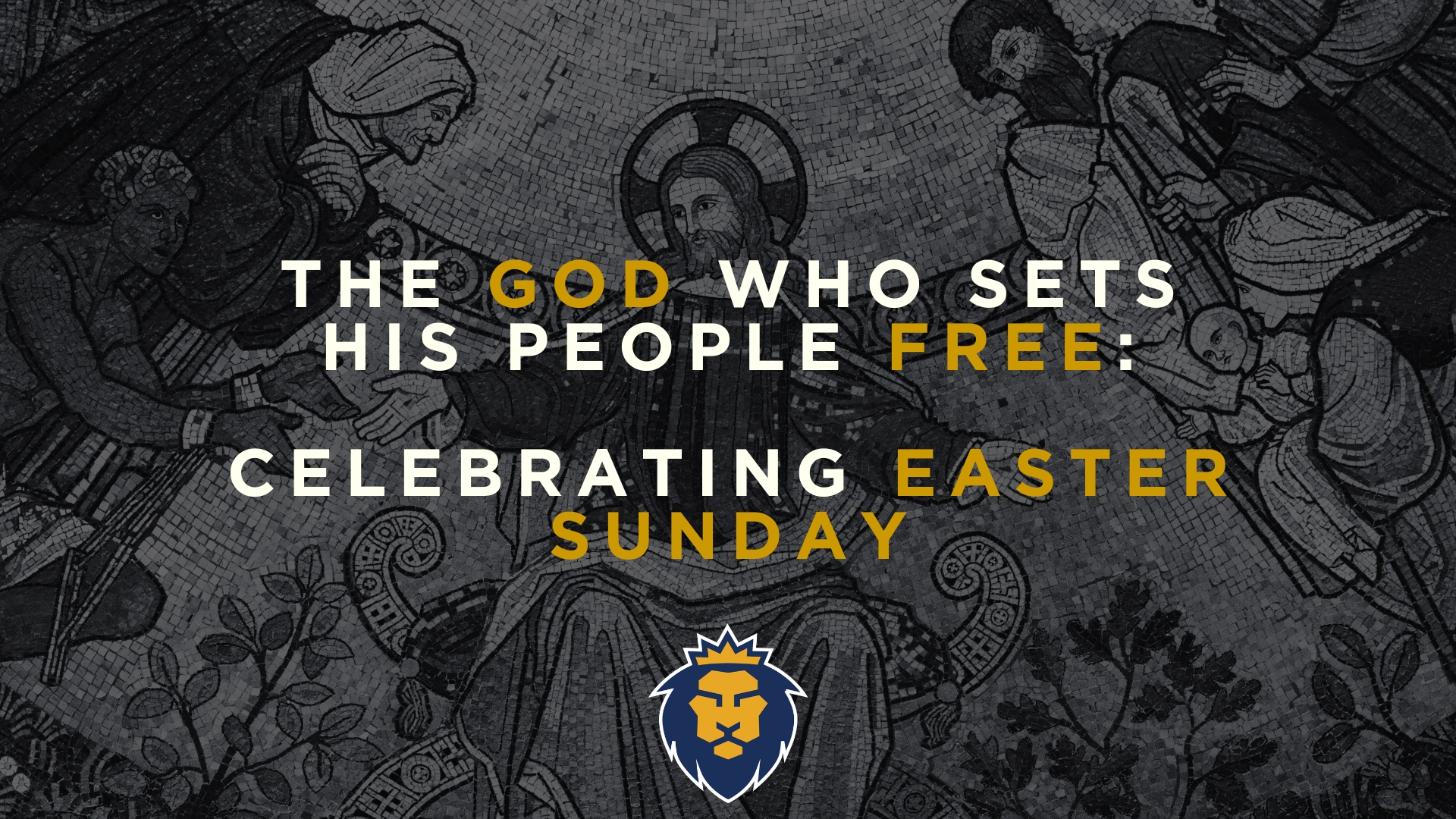On Maundy Thursday when Jesus offered the first Lord’s Supper to His disciples, they were gathered together to celebrate the festival of Passover (Mark 14:12). Passover is still celebrated by Jews all around the world. The festival of Passover originates in the book of Exodus, chapter 12. The Jewish people were enslaved in the nation of Egypt, and God promised to rescue His people and demonstrate His power to the Egyptians. When the Pharaoh, the leader of the Egyptians, refused to listen to God’s request to set the Jews free, God defended His people by sending plagues to Egypt in order to convince the Pharaoh to change his mind. This Pharaoh was wicked and stubborn, and so he persevered through 9 plagues without relenting to God’s request. God had already warned Pharaoh before the plagues started: “Israel is my firstborn son. I said to you, ‘Let my son go that he may worship.’ But you refused to let him go; now I will kill your firstborn son” (Exod 4:22-23). Thus, the 10th plague was the death of firstborn sons all across the land of Egypt. The 10th plague would be the final plague.
Exodus chapter 12 shows how the Jews were to operate the night of the 10th plague. Each of them was to slaughter a spotless lamb as a sacrifice. They would take the blood of that lamb and paint it over their doorposts. When God came to punish Egypt, He would see the blood on the doorpost and know to pass over that home and move on to the next. It was a sign that the lamb died in the Jews’ place; it died so that they could live. After the 10th plague, the Pharaoh released the Jews from their slavery. They were able to make the long journey from Egypt to the promised land in the southern Levant, but that’s another story.
The event of the Exodus (which comes from a Greek word which means “the way out”) is the single most important event in the Old Testament. For generations after the Exodus, whenever God’s people would try to find a way to articulate the love of God, they would do so with the language of leaving Egypt. More than that, Passover became a yearly festival. Every year, all Jews would take the time to remember that once they were enslaved, but God set them free.
Though Jesus and His disciples were celebrating Passover the week of His crucifixion, the Christian Holy Week and Jewish Passover don’t always line up on the calendar. This year is a lucky year where they do. These two very different seasons are happening simultaneously. But are they that different?
Christians celebrate Good Friday, which commemorates Jesus’ death, and Easter Sunday, which commemorates Jesus’ resurrection, because the events that stand behind these holidays are the root of our faith. We believe that Jesus died in our place; He died so that we can live. We believe that we were once enslaved by our sins, living a life that leads to death. Jesus’ sacrifice and victory over death sets us free from the bondage we were in and allows us to live a new life in Him. Every year we take the time to remember that once we were enslaved, but God set us free. Is it sounding familiar yet?
As Passover and Holy Week align this year, I challenge you to see what these two holidays combined reveal to us about the God we serve. From the beginning of the Bible to the current day, our God has been consistent in one main goal: He sets His people free. Whether it is from literal slavery in the land of Egypt or spiritual slavery to the power of sin, our God is always saving His people from their bondage. How has God saved you from spiritual bondage in your own life? What do you need to ask Him to free you of now? Ponder over these things during this holy season.
May the God who freed His people from slavery and raised Jesus Christ from the dead continue to set you free and resurrect you daily.
